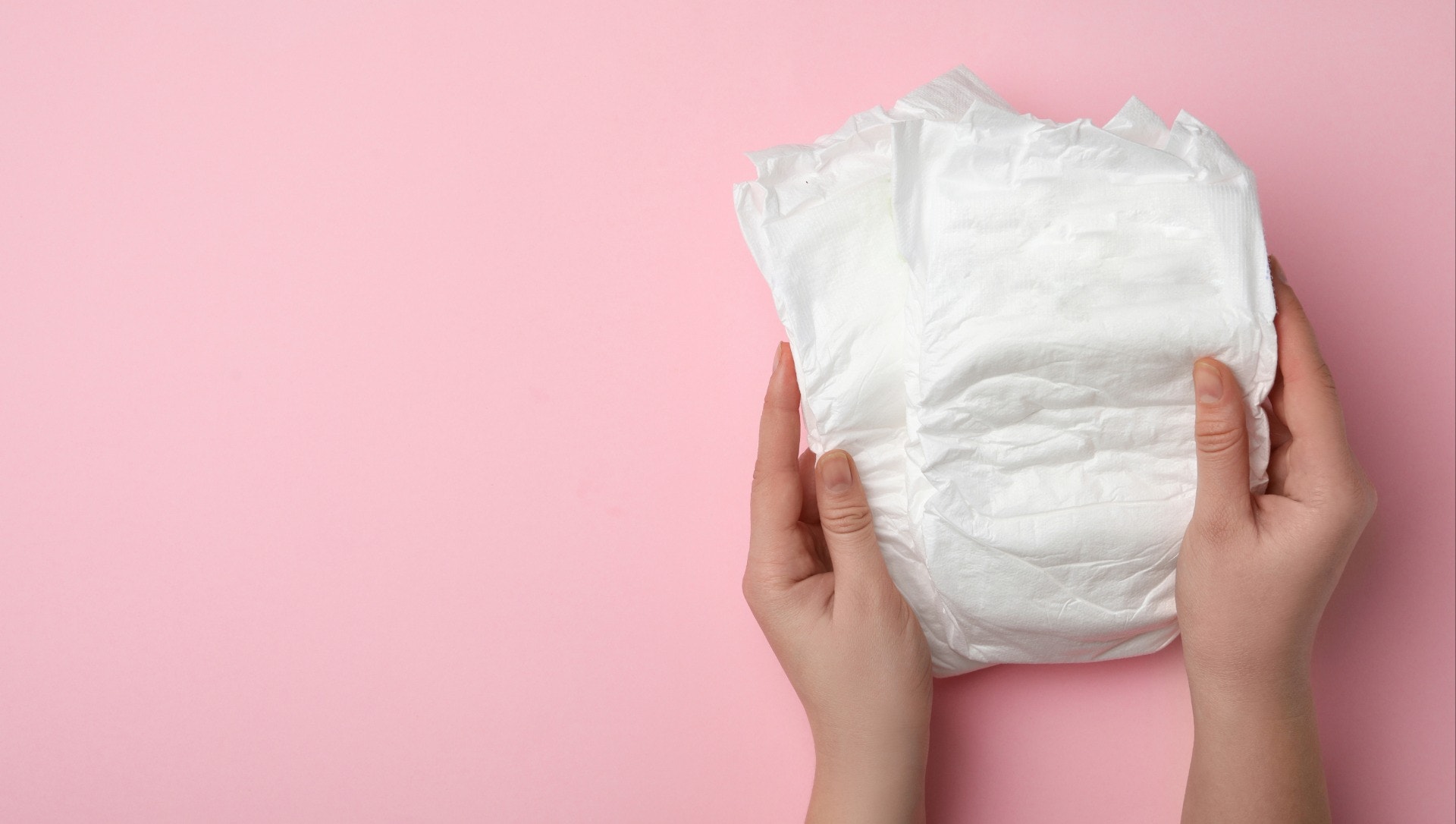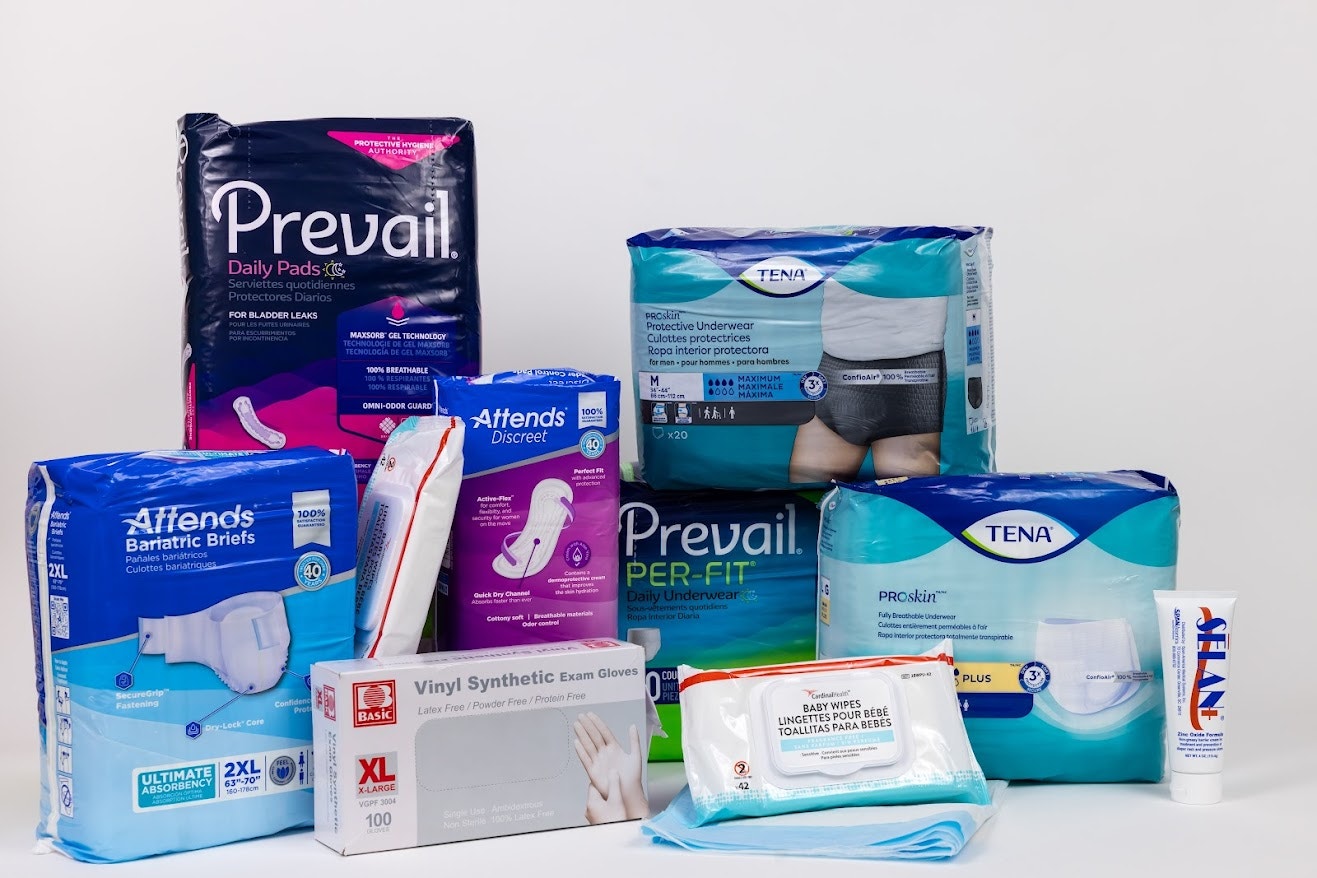Can you buy diapers with WIC benefits? WIC only covers food and referrals to healthcare services, but you may qualify for $0 diapers through Aeroflow Urology.
Does WIC Cover Diapers?
-
 By Mica Phillips
By Mica Phillips - Dec 19, 2025

 By Mica Phillips
By Mica Phillips 
Can you buy diapers with WIC benefits? WIC only covers food and referrals to healthcare services, but you may qualify for $0 diapers through Aeroflow Urology.
 By Mica Phillips
By Mica Phillips 
West Virginia Medicaid is a state-run insurance option for low-income adults, children, senior citizens, and people living with disabilities.
 By Aleece Fosnight
By Aleece Fosnight 
Do you have male urinary problems? As many as 1 in 7 men in the U.S. experience bladder control issues. Learn what causes incontinence, how to manage it, and help end the stigma so you can feel confident seeking treatment.
 By Mica Phillips
By Mica Phillips 
As a Hawaii Medicaid recipient, you may qualify to receive incontinence products and supplies at no cost to you. Check your eligibility online here.
 By Aleece Fosnight
By Aleece Fosnight 
Getting a cold or the flu in winter can cause urinary incontinence, but there are ways you can reduce leaks.
 By Mica Phillips
By Mica Phillips 
To be approved for incontinence supplies under Kentucky Medicaid you must have the following items. An Aeroflow Urology Specialist will help you gather all of this necessary information. Documented proof within the last six months that the items are considered medically necessary by a physician, the medical reason for needing supplies, and the estimated amount of supplies needed per day.
 By Mica Phillips
By Mica Phillips 
As of November 1, 2025, many families may be facing changes to their SNAP benefits. SNAP only covers food, but you may qualify for free diapers through Aeroflow Urology.
 By Mica Phillips
By Mica Phillips 
To be approved for incontinence supplies under Connecticut Medicaid you must have the following items. An Aeroflow Urology Specialist will help you gather all of this necessary information. Documented proof within the last six months that the items are considered medically necessary by a physician, the medical reason for needing supplies, and the estimated amount of supplies needed per day.
 By Mica Phillips
By Mica Phillips 
Find the best alternatives to PureWick, learn how it works, and discover how to save up to $630 each month on incontinence supplies through Aeroflow Urology.
 By Aleece Fosnight
By Aleece Fosnight 